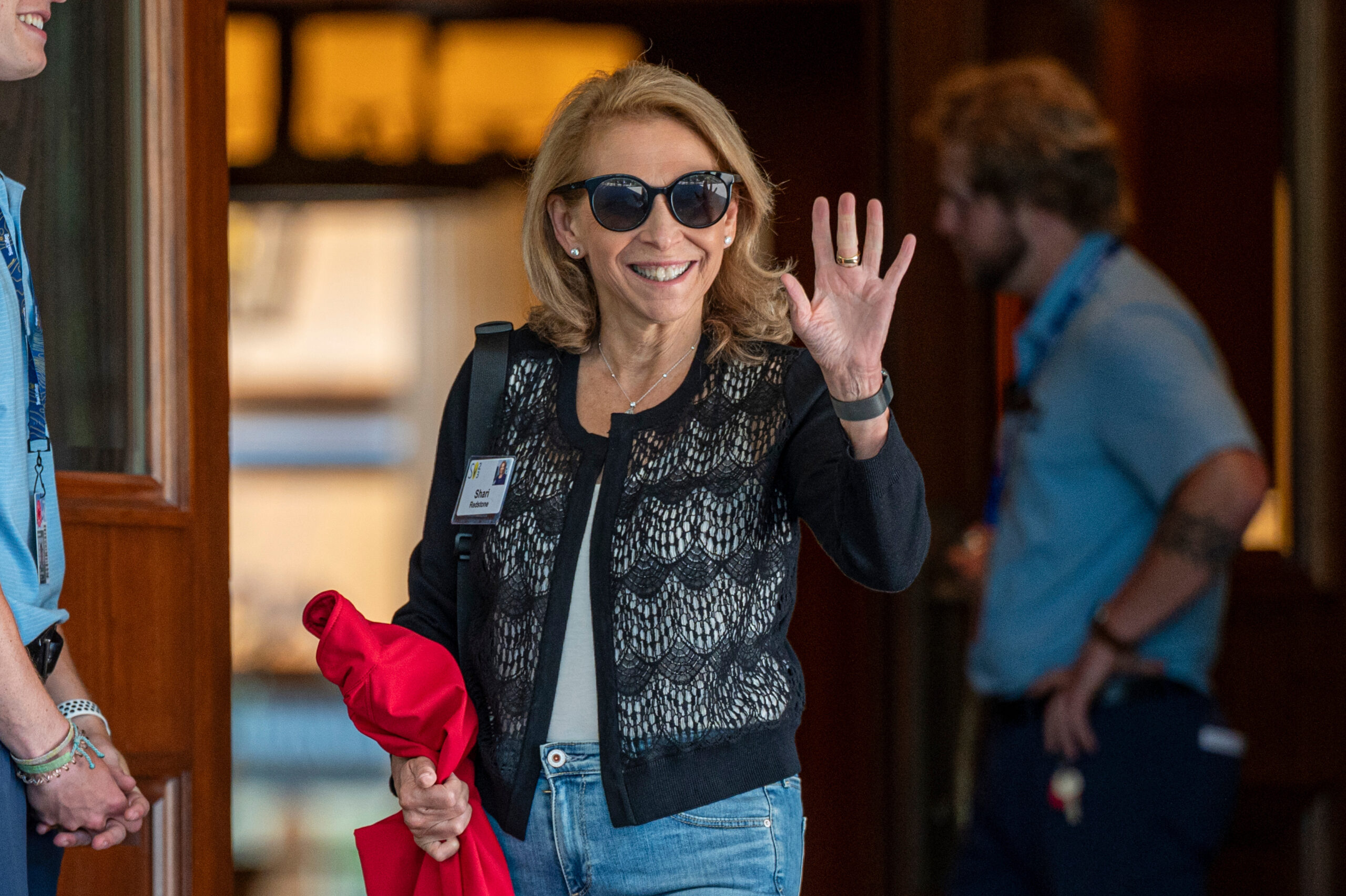I signed up then slipped away — a Paramount case of streaming woe
Last week, I added another subscription to my groaning bow and signed up for Paramount+, joining the 71 million other members of the movie giant’s streaming service.
It was the only way to watch A Gentleman in Moscow, the new Ewan McGregor series based on the book of the same name.
This is typical of the way entertainment companies have been adding to their networks, luring us in with top-drawer, exclusive content and hoping to hook us into permanent monthly payments with their library of shows.
It has been an expensive strategy in a crowded field and after years of spending to buy customers’ affections, the media giants are having to rein back.
Paramount is no exception. Its latest quarterly results show it is stemming its losses. In its “direct to consumer” division, they narrowed in the first quarter of this year, to $286 million from $511 million, as the company cut costs, added subscribers and put up prices.
The losses are still there, however. It has around a quarter of Netflix’s 270 million subscribers and is playing catch-up.
So it is no surprise that the owner of CBS, Paramount Pictures, Nickelodeon and MTV is the subject of two takeover bids. Yet another example of consolidation in Hollywood as the industry faces structural change, increasing competition from Big Tech and the looming threat of artificial intelligence.

The potential sale could come straight out of an episode of Succession with the lead played by Shari Redstone, Paramount Global’s non-executive chairwoman and its glamorous controlling shareholder, through her family’s National Amusements empire.
The first deal on the table, which Redstone is said to favour, is from Skydance, the film producer known for franchises such as Star Trek and Terminator.
It is run by David Ellison, the son of Oracle founder Larry Ellison, backed by Tencent and KKR alongside RedBird — which British readers will recognise after it orchestrated a bid for the Telegraph.
This link to the tech world could count in Ellison’s favour as Hollywood and Silicon Valley become increasingly intertwined. Apple, Amazon and Google’s YouTube are all now key players in media.
Then there is a second $26 billion offer from Sony and the private equity business Apollo Global. To make things more complicated, Paramount is now ruled by a committee of three after Bob Bakish, the chief executive, resigned as tensions boiled over with Redstone.
The drama has reached this climax because despite the number of hits under Paramount’s belt, most recently Mean Girls, like its rivals the company has had a painful time.
Its share price is down more than 70 per cent in the past five years as it pivots into the world of digital and customers increasingly shake off their cable subscriptions, known as “cord-cutting” — a story as familiar in Hollywood as Cinderella.
Disney’s Bob Iger recently fended off an attack by the activist investor Nelson Peltz. Its streaming service has only just turned a profit, again by increasing prices and cost-cutting.
At the weekend, at Berkshire Hathaway’s annual meeting, Warren Buffett made his view of Paramount’s future clear when he announced that he had got rid of his entire stake in the business: “We lost quite a bit of money.”
A silver screen happy ending is up in the air. Marc Rowan, Apollo Global’s chief executive, says: “This market is wide open.”
But in a perfect example of why streaming is such a hard business, my relationship with Paramount ended once I had watched A Gentleman in Moscow. Like many fickle customers, I signed up for the free seven-day trial and then slipped away before I had to pay.
Time machine wanted
The field for tech conferences continues to get ever-more crowded. This year, Paris will again hold Vivatech towards the end of May. It builds on the success of Elon Musk’s appearance last year and has the boss of Mistral, Arthur Mensch, France’s home-grown AI guru, centre stage. However, it clashes with the UK government’s second AI safety summit in South Korea. Which way will tech executives decide to fly? Someone needs to invent a time machine.
Katie Prescott is Technology Business Editor of The [email protected]




Post Comment